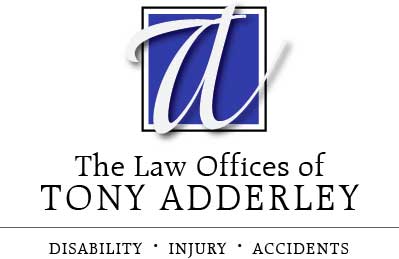Following an injury sustained on the job, employees will no doubt face a barrage of questions from supervisors and safety personnel. In the face of these questions, victims of workplace injuries might think that they are obligated to provide answers, but this is not true. Following any type of accident, the injured victim is free to withhold answers to any questions until they have had the chance to speak with an attorney.
Why Refusing to Answer Questions is Important
It is important to refuse to answer questions from accident investigators because, in many cases, it is the victim’s own statements that will hinder their efforts to collect worker’s compensation benefits, which they are entitled to if they are injured in service to an employer. The reason their own statements may hinder collection efforts is because attorneys and representatives employed by private insurance companies responsible for paying out worker’s compensation are likely to try to get away with paying as little as is absolutely possible – even if this means interpreting or misinterpreting statements in favor of the insurance provider.
Prepare for a Match
Individuals injured on the job in California will no doubt be in for a match when it comes to getting the benefits which they are entitled to. This is because California’s worker’s compensation system is only regulated by the state, not administered by the state. This means that it is up to injured work accident victims to request compensation from the applicable insurer, and that, if the insurer refuses to pay the benefits entitled, then the victim can pursue compensation through the courts. The fact that both parties in the matter, the injured victim and the applicable insurance company, must go up against one another to show why the insurer should or should not pay benefits, is what makes California’s worker’s compensation system so adversarial.
Faced with a legal adversary that will try anything to keep benefit payouts as low as possible, providing answers to questions that can be misinterpreted or misunderstood is something that can do more harm to a victim’s claim than good.
Let an Attorney do the Talking
Whether they are talking to workplace accident investigators or worker’s compensation representatives, it is usually in the injury victim’s best legal interests to let an attorney handle any questions. The attorney can give the victim advice on the reason why certain questions are being asked so that the victim can formulate as honest and accurate an answer as possible, assuming that the attorney thinks an answer to the question is a person’s best legal response.
An attorney can also help victims of workplace injuries by representing those victims if their claims for worker’s compensation benefits has already been denied once. In many cases, the denial is not due to the fact that the victim is not entitled to benefits, but is due to the fact that the initial application for benefits was filled out improperly or incompletely. The worker’s compensation attorney can review a person’s initial claim and advise the workplace accident victim on how to apply for benefits properly.

